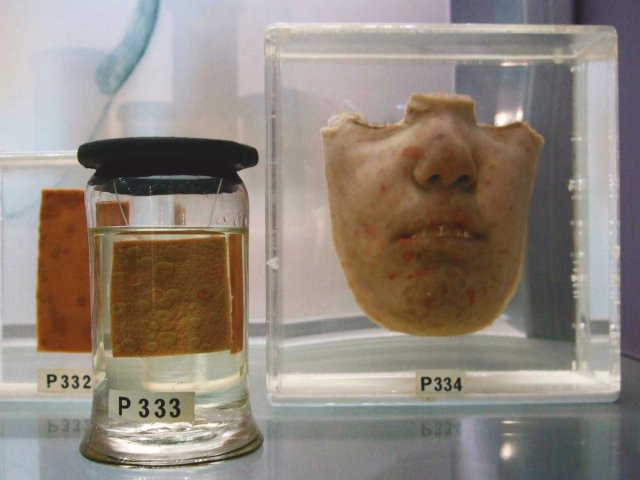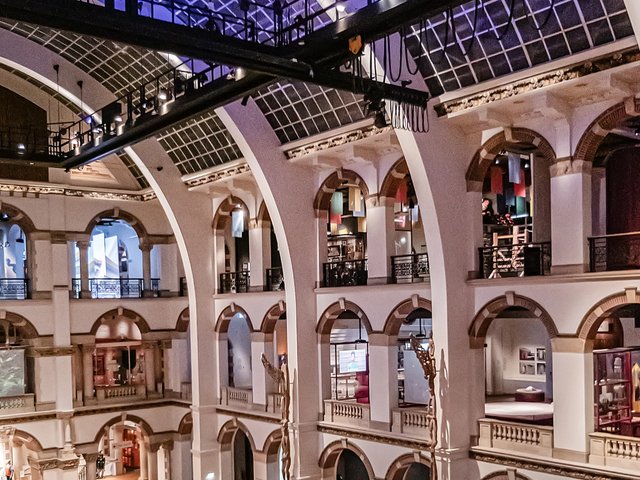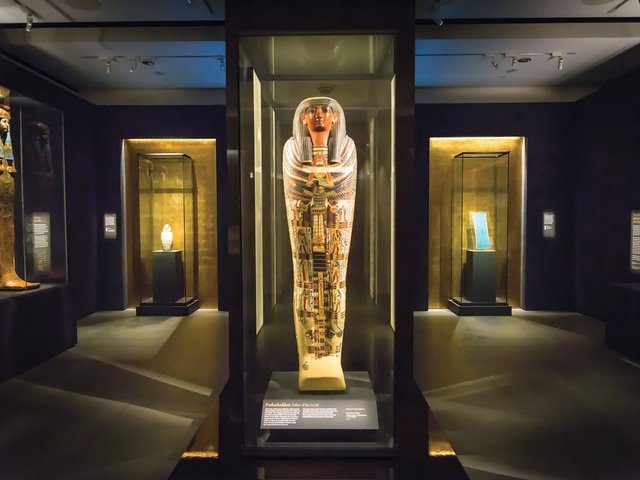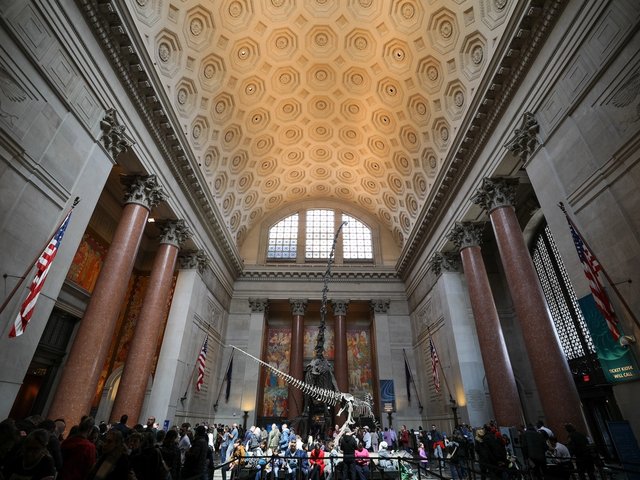Officials at the UK’s Manchester Museum are asking visitors if the mummified remains of an Egyptian woman should remain on display. The museum is running a public consultation on the future of Asru, a woman who lived in Thebes, southern Egypt around 2,700 years ago.
In an online blog, Campbell Price, the curator of the museum's Egyptian and Sudanese collections, says that Asru’s body was acquired in the early 1800s by Robert and William Garnett, the sons of a man who profited from slavery.
“She was shipped to Manchester and unwrapped at the Manchester Natural History Society in April 1825... [and] has regularly been on display for the two centuries since,” says Price who adds: “To mark 200 years since her unwrapping, Manchester Museum would like to know what you think. Should we continue to display the body of Asru?”
People can leave digital comments on the museum website or in a box next to Asru’s display case. A spokesperson for the museum said that the consultation will run until the end of August. “We haven’t made any firm decisions on next steps yet but intend to use the feedback to inform elements of our approach,“ they added.
The consultation feeds into current debate in the museums and heritage sector over the care and display of human remains. Earlier this year an all-party parliamentary group of MPs called for the law in the UK to be changed to prohibit the display of any remains in museums “without appropriate consent”, reports Museums Journal.
The group produced a report called Laying Ancestors to Rest, which addresses the ethical, cultural and historical concerns surrounding African ancestral remains, many of which were taken during colonial rule. The report made 14 recommendations, calling on the UK government to make amendments to the Human Tissue Act 2004, including extending its scope to all human remains.
The Asru initiative also ties in with Manchester Museum’s decolonisation projects including a Decolonise! Trail, which invites “visitors to critically reflect on how the collections got here, whose stories are told across the galleries and how museums shape our understanding of the world”.






